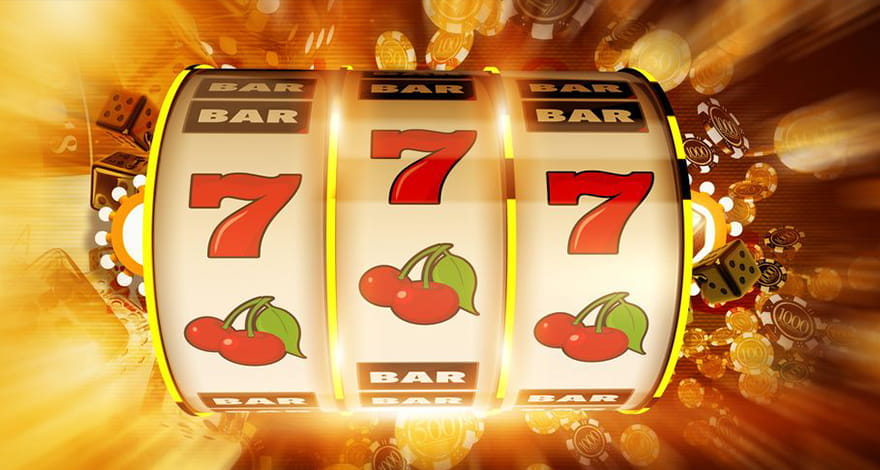
Slot machines have long captured the imagination of casino-goers worldwide, offering a thrilling mix of anticipation and excitement with every spin of the reels. With their flashing lights, ringing bells, and vibrant graphics, these iconic machines hold a special place in the hearts of many. But beyond the surface allure lies a complex interplay of technology, psychology, and design that keeps players coming back for more.
At their core, slots are designed to be engaging and entertaining, drawing players into a world of virtual reels and paylines where the promise of big wins looms large. But what secrets lie beneath the surface of these seemingly simple games? From the algorithms that determine outcomes to the design elements that enhance gameplay, delving into the world of slots reveals a fascinating blend of art and science at work.
History of Slot Machines
Slot machines have a fascinating history that dates back to the late 19th century. The first mechanical slot machine was invented by Charles Fey in 1895, known as the "Liberty Bell." It featured three spinning reels with symbols of horseshoes, diamonds, spades, hearts, and a cracked Liberty Bell, hence its name.
Following the success of the Liberty Bell machine, the popularity of slot machines skyrocketed in the early 20th century. Slot machines were initially found in bars, saloons, and tobacco shops, offering prizes such as free drinks or cigars to winners. As technology advanced, these machines evolved to feature more symbols and paylines, enticing players with the promise of bigger payouts.
In the mid-20th century, the introduction of electromechanical slot machines revolutionized the industry. These machines allowed for more intricate gameplay mechanics, including the addition of lights, sounds, and electrically-operated features. This marked the beginning of a new era for slot machines, setting the stage for the digital age of gaming that we witness today.
Inner Workings of Slot Machines
In a nutshell, a slot machine operates based on a random number generator (RNG) that ensures each spin result is entirely independent of the previous one. This sophisticated software algorithm is the heart of the machine, dictating the outcomes of the game. When you hit the spin button, the RNG swiftly calculates the winning combination and displays the corresponding symbols on the reels.
Behind the flashy exterior of a slot machine lies a complex network of components working seamlessly to deliver a thrilling gaming experience. From the spinning reels to the intricate paylines, every element is meticulously designed to captivate players and keep them engaged. Understanding these mechanisms can enhance your appreciation for the craftsmanship involved in creating these captivating devices.
These mesmerizing games of chance are not just about luck but also about intricate mathematics and probabilities. The paytable, volatility, and various features all play a crucial role in determining the overall gameplay and potential payouts. Gacor189 Delve deeper into the inner workings of slot machines to unravel the secrets behind their allure and discover the magic behind every spin.
Tips for Playing Slots
When playing slots, it’s important to set a budget and stick to it. This will help you avoid overspending and ensure that you are playing within your means.
Another tip is to understand the game you are playing. Each slot machine may have different rules, paylines, and bonus features, so take some time to read the instructions before you start spinning the reels.
Lastly, consider trying out different slot machines to find the ones that you enjoy the most. With a wide variety of themes and gameplay options available, experimenting with different slots can add excitement to your gaming experience.
